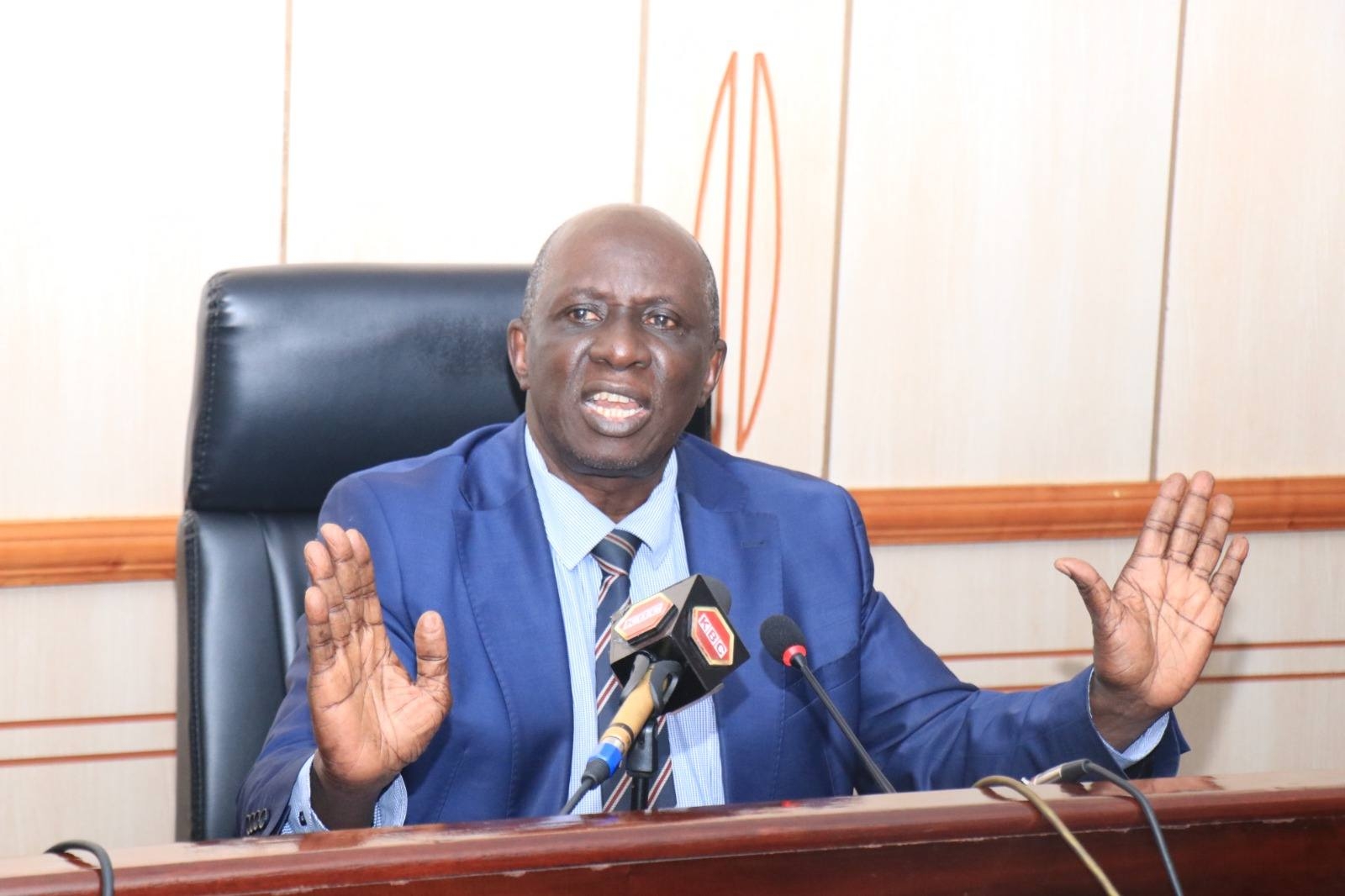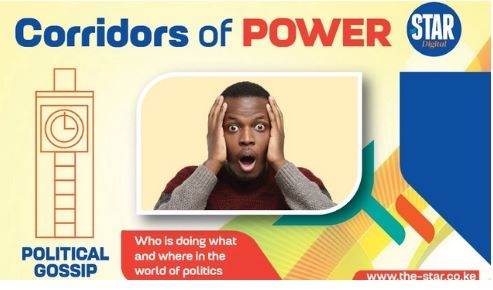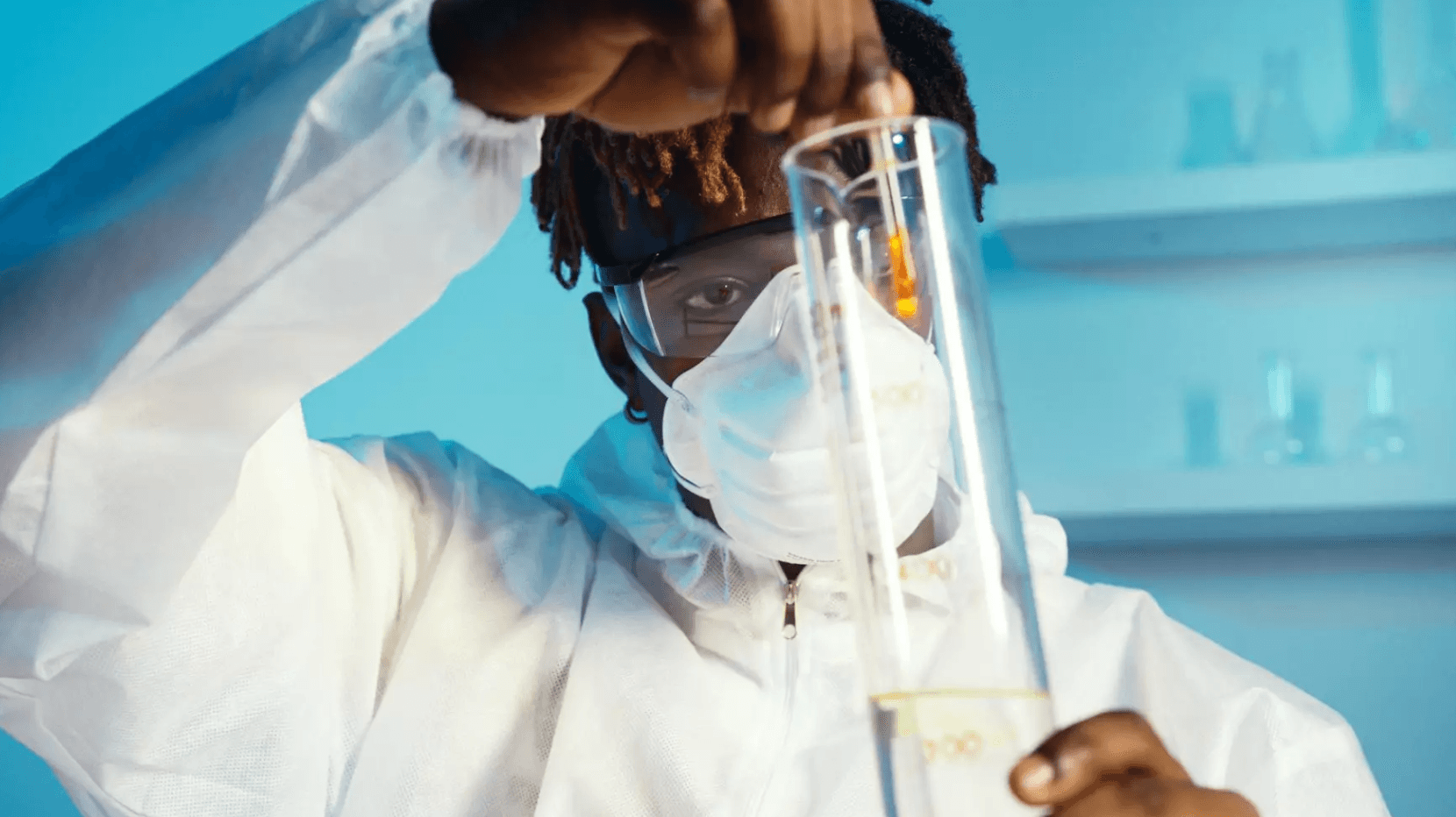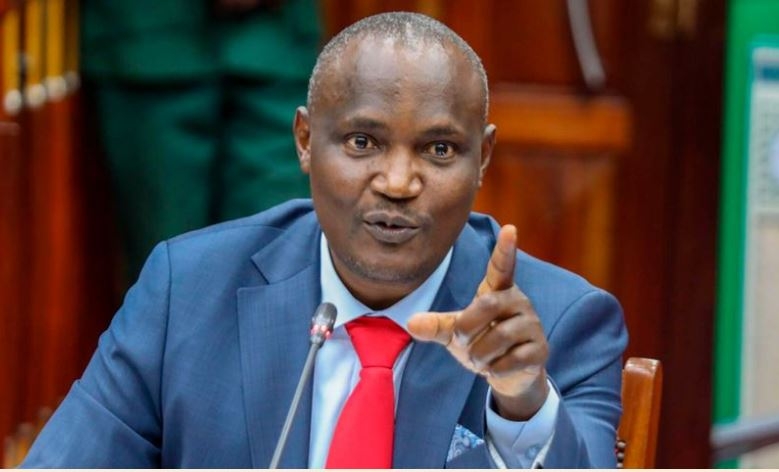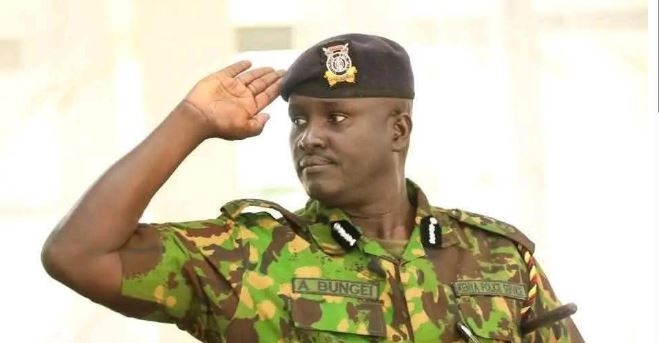It began with a group of black women on a Zoom call who hit a million-dollar fundraising target in about three hours.
A series of similar Zooms followed, targeting particular groups for the Kamala Harris presidential campaign.
The latest on Monday night was a three-hour call titled "White Dudes for Harris", which organisers say attracted 180,000 people and raised more than $3.7m in donations.
Actors Jeff Bridges, Mark Ruffalo and Mark Hamill were among those present.
The Harris campaign is now barely a week old. Still, it is harnessing a grassroots energy that did not exist for President Joe Biden, using modern video conferencing to reach motivated voters and fundraise virtually.
In the past week - roughly 100 days from Election Day - her US presidential campaign has raised $200m (£155m) and signed up more than 170,000 new volunteers.
And unlike big donors who helped persuade Mr Biden to step aside and end his run just days ago, it is hundreds of thousands of ordinary Democrats now generating "Kamalamentum".
Call attendance began in the tens of thousands - already a feat given Zoom meetings are usually restricted to 1,000 participants. But since then, the campaign's biggest has been 160,000 people. Zoom did not respond to request for comment for this story.
Republicans have criticised some of the identity-based virtual gatherings as "racist" and "desperate" pandering to liberal supporters.
But while some may cringe at such overt use of identity to campaign, the impact of the virtual events is being taken seriously.
The Zoom sessions are "an informal thing where [Harris] can present some scripted lines and get people fired up," said Republican consultant and pollster Whit Ayres. "It's a signal that there is enormous enthusiasm out there for her candidacy."
And, he said, it would be a mistake for Republicans to criticise the identity-based Zoom sessions.
“It backfires when you start attacking people because of their identity. Because everyone else who shares their identity feels like you're attacking them.''
Meanwhile, Ms Harris's opponent Donald Trump and his party have said Democrats are more energised by Mr Biden's surprise departure from the race, rather than by Ms Harris herself.
On 21 July, in a matter of hours after the US president announced he was dropping out and endorsing his deputy, the group of black female political organisers convened their Zoom call.
The four-hour conversation attracted 44,000 participants and raised $1.6m for Ms Harris. The original goal was $1m in 100 days.
"I felt like when Obama got the nomination all over again. I actually felt more excited, to be honest," Black Voters Matter co-founder LaTosha Brown, who joined the call, told The 19th News.
"My first response was, 'OK, he's out; now we’ve got to fight for this sister'."
Ms Harris, 59, would be the first black woman - and first South Asian woman - to secure a major American party's nomination for president.
Gatherings of South Asian women have followed, celebrating their "auntie" and Latinas have hailed a "hermana". The official nomination is expected at the Democratic National Convention in August.
On 22 July, the day after Mr Biden's announcement, more than 53,000 black men met on Zoom and raised $1.3m in about six hours.
Another giant video conference on Thursday, "White Women: Answer the Call", kept crashing as more than 160,000 people hopped aboard - the largest call in the history of Zoom, according to organisers.
Shannon Watts, a high-profile advocate for gun control and the call's lead organiser, wrote on Twitter/X that the group had raised $11m for Ms Harris.
"White women are the largest voting bloc in this country. We make up 40% of the voters and so we are divided by religious, marital and education lines," Ms Watts told CBS News, the BBC's US partner.
"And even a tiny shift in our voting patterns can swing an entire election, and so that was a conversation that we needed to have on this call."
On Monday evening, the thousands of "White Dudes for Harris" heard remarks from celebrities and politicians.
Supporters were told, sometimes in profane terms, not to let the Trump campaign speak for "all white men".






